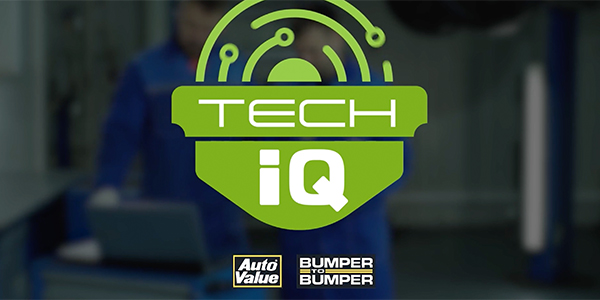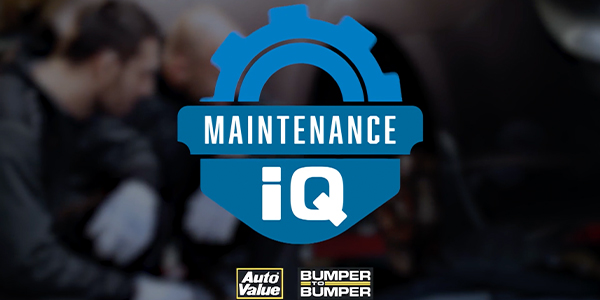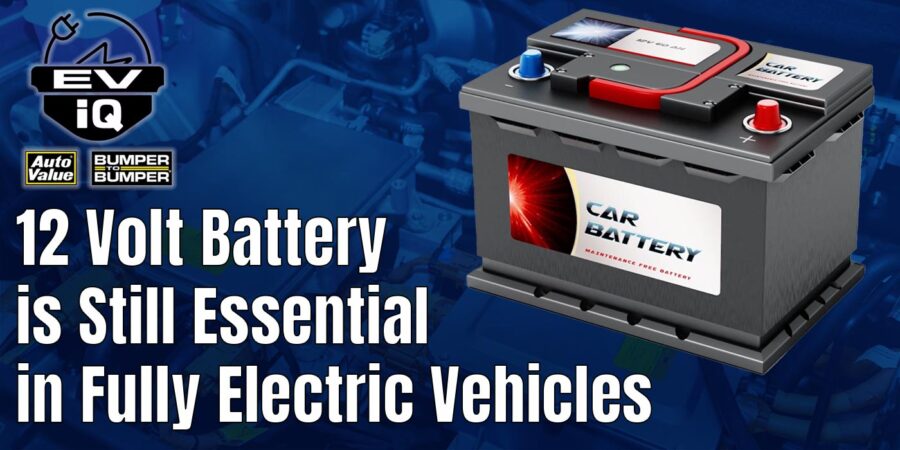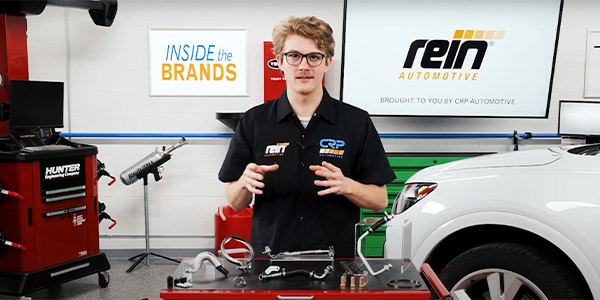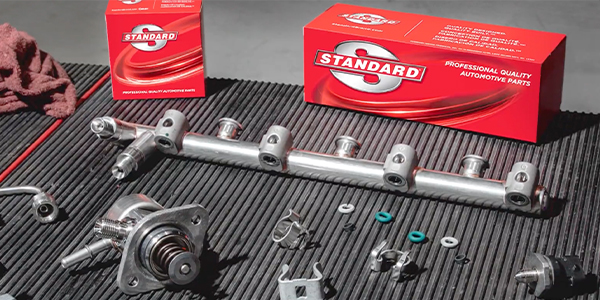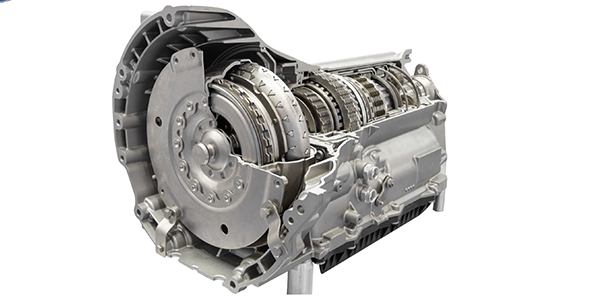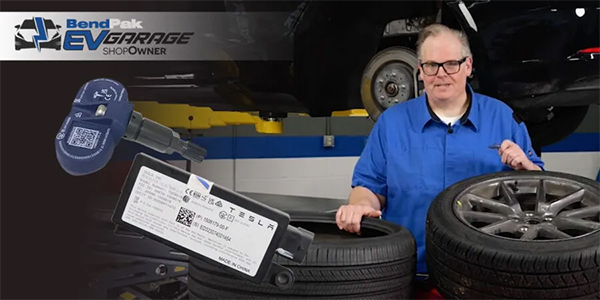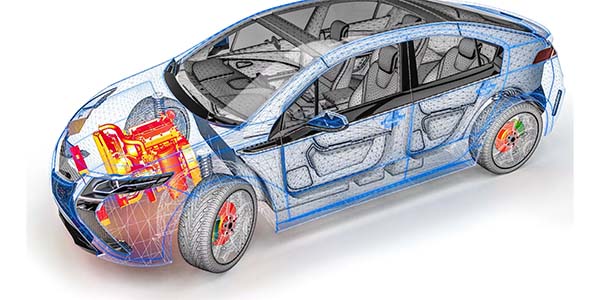Filters are the first line of defense for any vehicle.
Filters protect the engine and even the occupants inside the cabin. Compromising on filters means you could be compromising some of the most expensive parts of a vehicle.
Take this oil filter. It must meet exacting specifications for flow, pressure and efficiency. It also needs to have the capacity to last the length of the oil change interval. While the outward appearance of the filter has not changed in 40 years, it is what is inside the filter that has changed.
Modern engines with variable valve timing, cylinder deactivation and tighter bearing clearances must flow a large volume of oil. To do this, ACDelco filters use an eDesign core made of an engineered nylon polymer with 10 times more open area to improve flow. On ACDelco Ultraguard filters, the center tube is spiral-wound with an engineered surface to increase flow.
Pressure is always a force on filters. Increased pressure from cold starts and high RPM operation put pressure on the external and internal components. As a result, the eDesign core of the standard filter has a 50% higher collapse strength to withstand forces that could cause competitors’ filters to collapse internally.
The ACDelco Ultraguard line of oil filters features a thick metal canister mated to a heavy threaded plate designed to withstand four times normal oil pressure.
To make sure the filter can go the distance, both the ACDelco Standard and UltraGuard lines use advanced technology with engineered blended media. Also, there is more media and pleats than the competition.
Modern engine air filters have to filter approximately 14 gallons of air for every gallon of gas burned. You might think an engine air filter is simple and has not evolved with the rest of the vehicle, but things have changed. An engine air filter catches dirt and debris in the air and prevents them from damaging the walls of the engine’s combustion chamber. Engineers must balance capacity, efficiency, and flow for optimal performance. ACDelco’s GM OE Engine Air Filters are designed to work with GM’s Air Filter Life System.
The system predicts engine air filter life and alerts the driver when the engine air filter needs to be changed. ACDelco’s Gold, previously known as Professional, engine filters are designed to work with GM and other makes that might have an engine air filter life monitor.
Don’t forget about the occupants of the vehicle. A cabin air filter can protect the driver and passengers from particulates found in exhaust gases and allergens, like pollen. They can also protect the heater core and evaporator debris that could hurt airflow. ACDelco’s OE Cabin Air Filters use multi-layer compound media to capture large and small particles. The material has separate layers that handle different-sized contaminants without sacrificing airflow.
ACDelco Gold Cabin Air Filters also have a charcoal carbon layer that absorbs smells inside and outside the vehicle.
Filters might be the least expensive parts that are replaced during the life of the vehicle. But, a low-quality can can do the most damage. Be certain that that you are using the highest-quality filterno matter if it is for the oil, air or the passengers inside the vehicle.
This video is sponsored by ACDelco.


